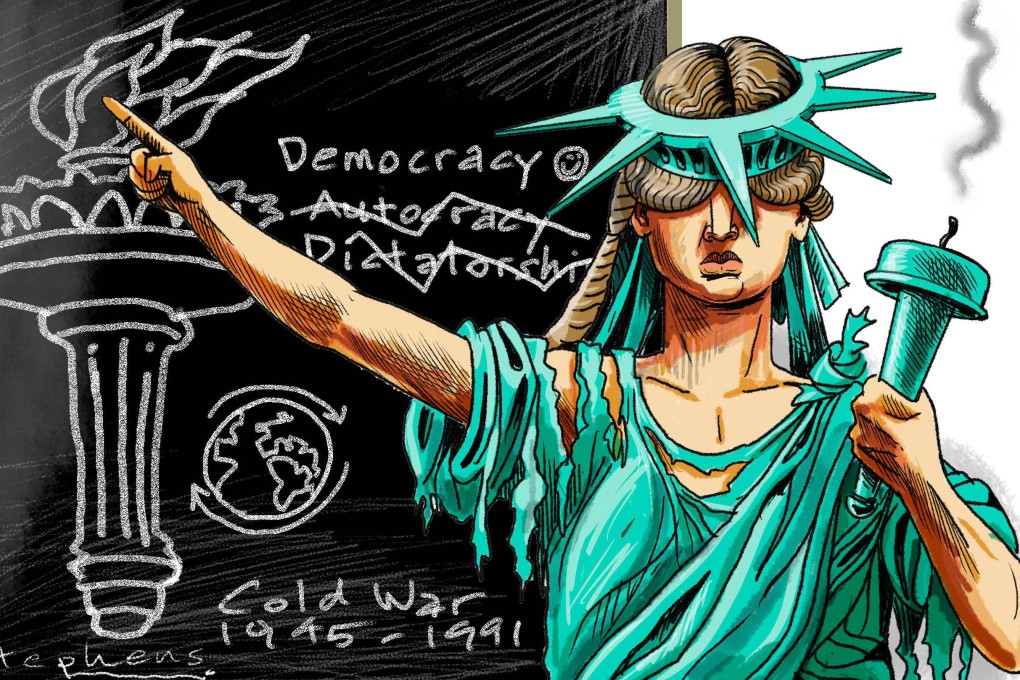Opinion | Declining US democracy is no model for the world
- The American system of electoral democracy, in which voters and a free press have important roles to play, has declined in recent years
- Given how the last US presidential election went, the country is hardly in a position to preach the value of democracy to the world

It should be a long time before the United States can again strut the world stage and lecture us all about the values of democracy and human rights, poking its finger in the eye of every authoritarian or dictatorial government it has the desire to show up. A former president, no less, has used every occasion to tell the world that the election of 2020 was hijacked.
In the present Senate, the Democrats have an advantage of only one vote. On rare occasions, the Democrats have dominated the upper house of Congress, but after most elections we find that the smaller and rural states have tipped the scales. Wyoming gets two senators, as does the state of New York. As for the lower house, 90 per cent of congressmen are re-elected. Over the years, congressional boundaries have been jiggled so that it is difficult for incumbents to lose.
Is this US system better or worse than that of other Western and many developing countries? The United Kingdom, France, Germany, Brazil, India, Nigeria, South Africa and Canada, to mention some, are better and fairer by a long shot.
But surely, you say, this is countered to some extent by a free press. Indeed, there are good news outlets like The New York Times and the Public Broadcasting Service. But even then, on key occasions, such as during the Vietnam war and at the onset of the Iraq war, there have been lapses.
